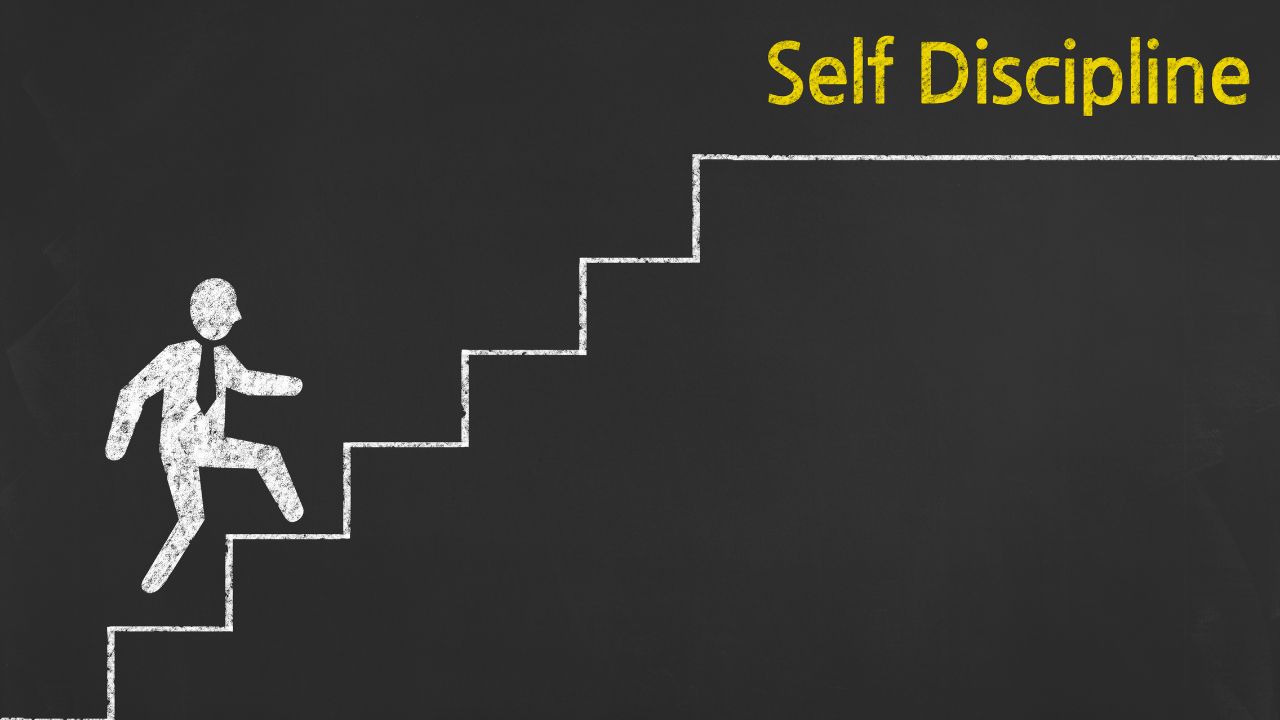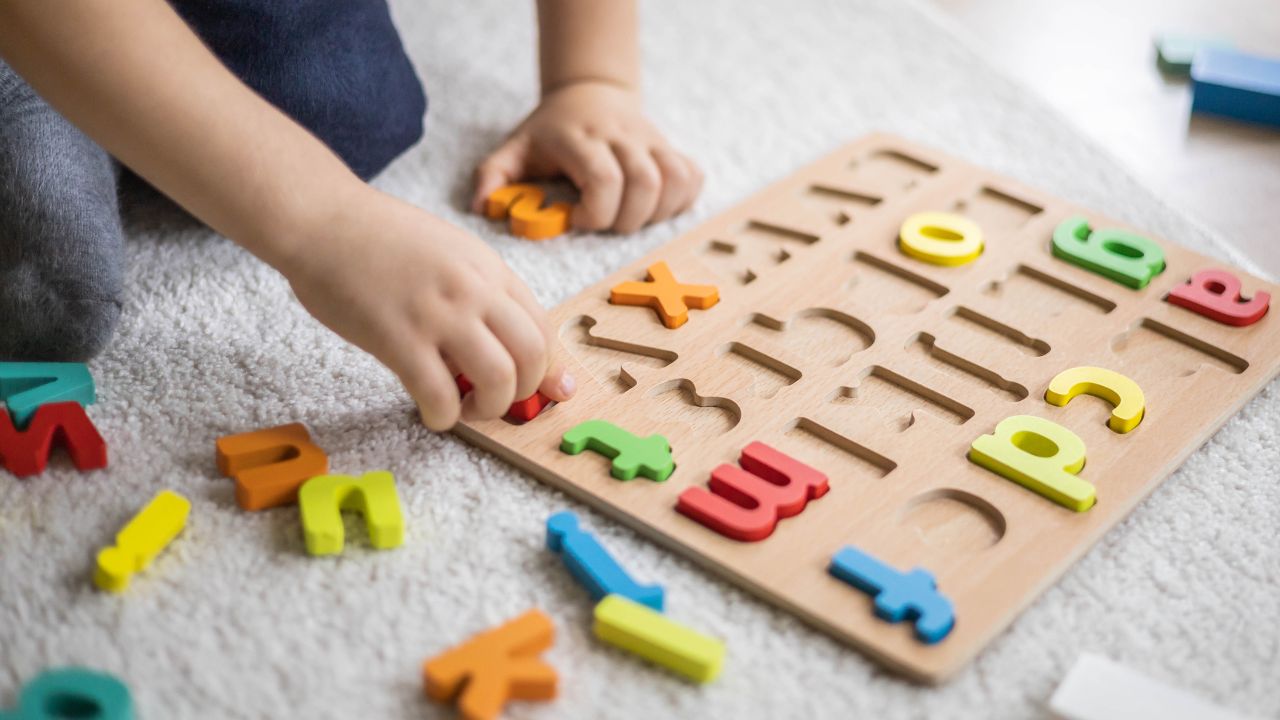Why Self-Discipline is Key to Academic Success
Improves Focus and Consistency
Self-discipline helps students concentrate on their studies and stick to schedules, which is critical for staying on top of assignments and preparing for exams. When students can control their focus and remain consistent, they are less likely to procrastinate, leading to higher productivity and better grades.
Builds Resilience
Self-discipline strengthens resilience, helping students push through distractions, setbacks, and challenges. When students can overcome obstacles, they become more capable of tackling even the most demanding tasks, leading to academic and personal growth.
Expert Insights
Research underscores the link between self-discipline and academic performance. A study published in the Journal of Educational Psychology found that students with higher levels of self-discipline had better grades and higher test scores, even more so than students with high IQ scores. This finding highlights that consistent effort and focus can be as important as natural ability in achieving success.
Practical Strategies to Develop Self-Discipline
Set Clear Goals and Priorities
Setting achievable goals gives students a clear direction and purpose, making it easier to stay disciplined. Goals also provide motivation and help prioritize what’s important, allowing students to focus on what truly matters.
Create a Study Schedule and Stick to It
A consistent study schedule can help students manage their time more effectively. By dedicating specific times to study each day, students establish a routine that helps reinforce discipline and reduce last-minute cramming.
Break Down Tasks into Manageable Steps
Large projects or assignments can be overwhelming, leading to procrastination. Breaking down tasks into smaller, manageable steps allows students to make steady progress, which can boost confidence and productivity.
Avoid Procrastination and Manage Distractions
Minimizing distractions is essential for self-discipline. Setting up a tech-free study zone, turning off notifications, and dedicating certain times to social media can help students stay focused and reduce time wasted.
Building Good Habits and Staying Consistent
Practice Daily Discipline
Building self-discipline is a gradual process that starts with small daily habits. Studying a little each day, even for 20–30 minutes, establishes a strong foundation for long-term discipline and prevents the stress of cramming.
Reward Yourself for Small Wins
Celebrating small achievements keeps motivation high. By recognizing progress—such as completing an assignment on time or sticking to a study schedule—students create a positive feedback loop that reinforces their self-discipline.
Seek Accountability
An accountability partner, like a study buddy or mentor, can provide the support and motivation needed to stay disciplined. Having someone to check in with or study alongside can make a significant difference in maintaining focus and achieving goals.

Overcoming Challenges in Developing Self-Discipline
Handling Setbacks and Staying Motivated
It’s natural to face setbacks. Maintaining motivation during difficult times requires a positive mindset. Instead of seeing challenges as failures, students should view them as learning experiences, using them as fuel to improve.
Dealing with Burnout
Self-discipline should not lead to burnout. It’s essential to balance study time with relaxation and self-care. Taking breaks, getting enough sleep, and finding time for hobbies can prevent burnout and keep motivation high.
Building a Growth Mindset
A growth mindset encourages students to see effort and persistence as paths to improvement. Embracing this mindset allows students to view discipline as a skill they can develop, rather than a fixed trait, making it easier to bounce back from challenges.
Long-Term Benefits of Self-Discipline
Academic Achievement
Self-discipline is fundamental to achieving academic goals. Consistently putting in effort, even when it’s difficult, helps students excel in their studies and builds a sense of pride in their accomplishments.
Time Management Skills
Learning to manage time effectively is a natural byproduct of self-discipline. These skills prepare students to handle the responsibilities of higher education and professional life, where time management is crucial.
Increased Confidence and Independence
As students practice self-discipline, they gain confidence in their abilities. The habit of setting and achieving goals fosters independence, equipping them with skills that will serve them well beyond the classroom.
Conclusion
Self-discipline is a critical skill that sets students up for long-term success. It enhances focus, resilience, and motivation, enabling students to reach their full potential academically and personally. By applying the strategies shared here, students can develop self-discipline and embark on a journey of continuous growth and achievement.
At Laureate High School, we support our students in cultivating self-discipline through a nurturing environment and dedicated programs. Are you ready to become a disciplined, high-achieving student? Contact Laureate High School today to learn more about how our supportive community can help you achieve your academic and personal goals!
Follow Us On Instagram:-@laureatehighschool










